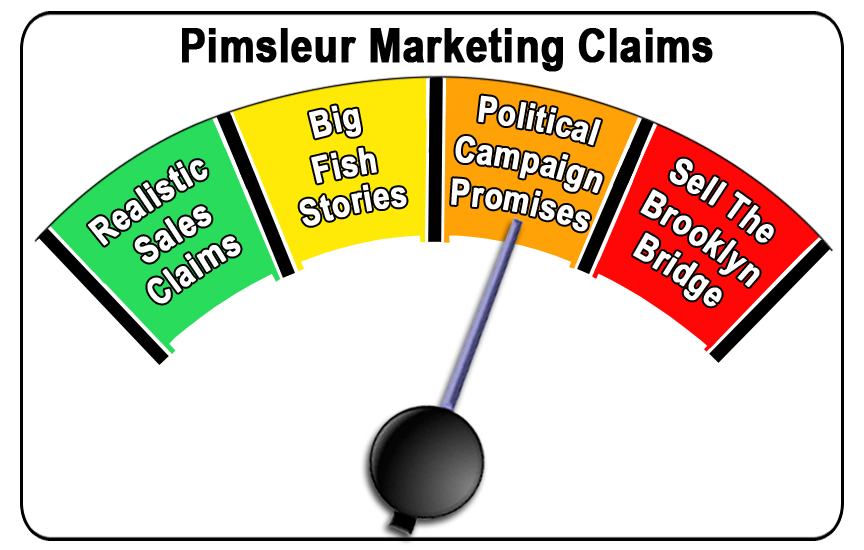

We balance it all with high-fructose corn syrup. Das ganze bilanzieren wir aus mit der HFCS.

#PIMSLEUR GERMAN READING HOW TO#
You learn how to bring someone their whiskey before you learn the word “bread” (actually, you never learn it). Oh, and the conversation is geared towards 40-year old American businessmen looking for a little something on the side while in Germany for the week. You’ll be able to handle common small-talk, like, “What does your son do for a living?” (” Was ist ihr Sohn von Beruf?”), and give a reasonable answer, “ Er arbeitet bei Google.” You’ll be able to ask for a doctor if you need help, tell time, fill-up a car, order two Schnitzel and ask a woman to play tennis with you, have a coffee afterwards, and then invite her over to your house after you’ve ensured she doesn’t have a husband. You won’t have to rack your brain when someone asks you “ Wissen Sie, wo man sich etwas Stoff beschaffen kann? (Do you know where one can score some drugs?)” You’ll just say, “ Ich weiß es leider nicht (Unfortunately, I don’t know),” and go on your merry way. Your response time to common German questions will increase dramatically, even if you don’t understand the question. But after being able to recognize basic sentence construction by studying the courses, your brain would think “ es gibt mehr als eine ? der ?: die ? zu, und die ? von,” (translation: there exists more than one x of y: y to, and y from) making it easier for you to just ask what x and y mean, to fill in your comprehension. For example, if someone said to you (before studying the courses), “ Es gibt mehr als eine Art der Freiheit: die Freiheit zu, und die Freiheit von”, your brain might think “ es ? mehr ? zu und die ?,” (translation: what?). It will become much easier to listen to sentences with unfamiliar German vocabulary, because your brain will separate grammatical constructions you’ve already heard, from truly new vocabulary. So, when I tried listening to Deutsche Welle I found myself despairing at the impenetrable throat-noise hurled at me. I self-studied German for about a year before taking this course, but through reading I couldn’t acquire the cadence of the language. You become familar with the way native German sounds. It’s effective: I’ve retained all of the vocabulary I learned, due to the use of graduated interval recall, or the process of repeating words at intervals spaced increasingly further apart (after one lesson, then three lessons, then after 15 lessons, and so on). The sentences are constructed backwards, and you’re tested in the audio pauses to answer from memory. Die Post.Į: How would you say, “How do I get to the post office?” (pause).Į: Now, say, “How do I get to the post office? Literally, how come I to the post office?” (pause). A typical 30-second section will go like this:Įnglish narrator (E): The word for post office in German is: The Pimsleur method is: you repeat a native speaker’s spoken sentences, and practice by answering questions posed to you. Note: Since I first wrote this article many years ago, I moved to Germany and haveĪ more extensive write-up on all the methods I’ve used: Learning German: A1 to So for my upcoming trip nach München I listened to all 100 30-minute lessons (50 hours), which took about two months (one lesson a day). I had trouble finding a review of Pimsleur’s German course by someone with linguistics familiarity, A review of Pimsleur German I, II, III, and IV


 0 kommentar(er)
0 kommentar(er)
